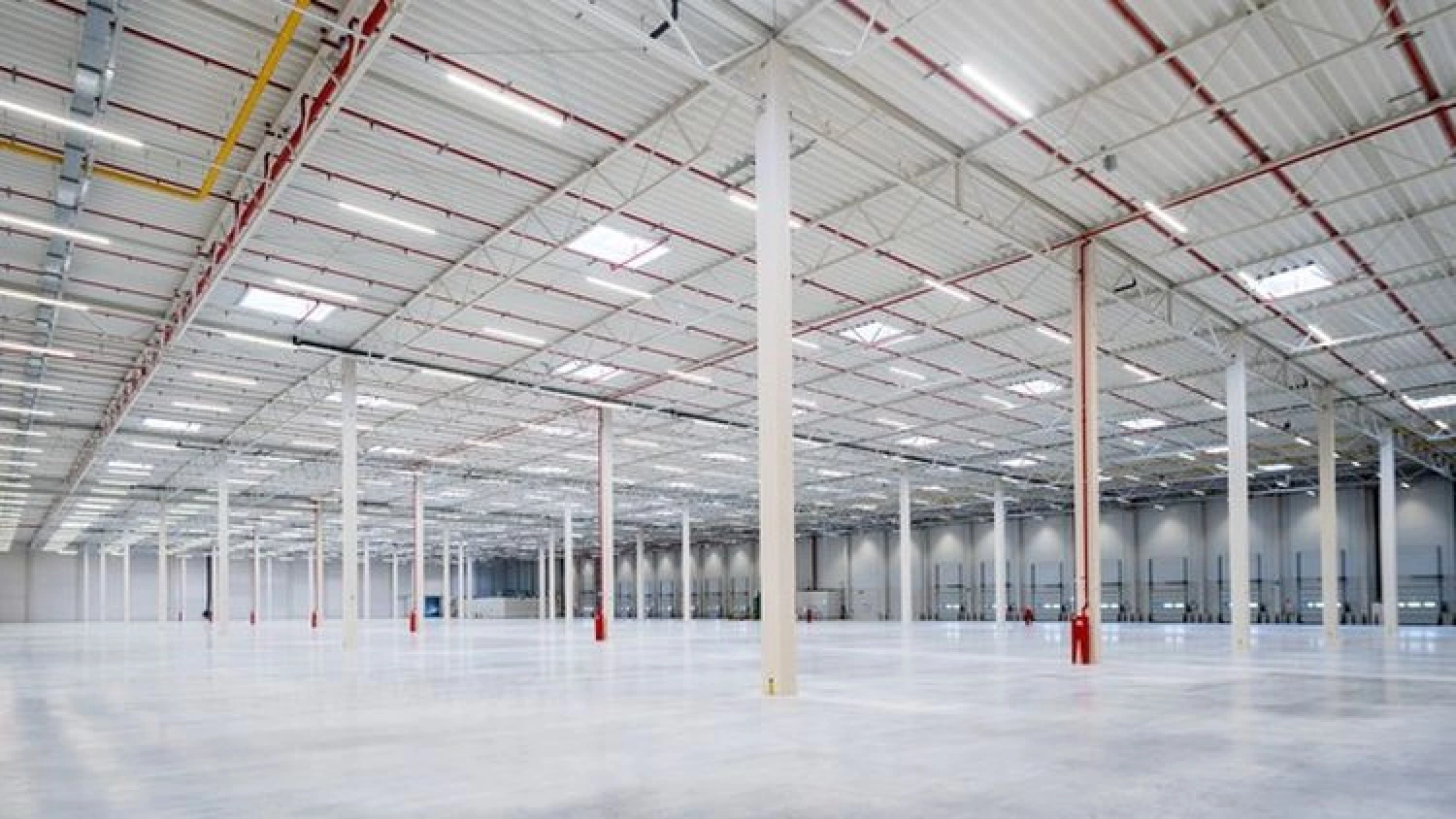
Real estate advisory firm Savills anticipates that some of the immediate knock-on effects of the war in Ukraine on the Polish logistics market will include sustained demand for new warehouse projects amid construction difficulties and a prospect of rental growth in ready-to-occupy facilities.
“The situation beyond our eastern border will impact the logistics market as new facilities will have to be built to accommodate operations relocated from Ukraine. The war has sparked a mass exodus of workers, causing construction costs to rise further and projects to be rescheduled. Due to construction constraints, landlords of existing properties are likely to raise headline rents for warehouse units available for immediate occupation,” says Katarzyna Pyś-Fabiańczyk, Head of Industrial Services Hub, Savills.
The war in Ukraine broke out as the warehouse market was experiencing a golden age, uninterrupted by the Covid-19 pandemic. According to Savills, warehouse and industrial take-up in Poland hit an all-time high of 7.35 million sq in 2021, marking a 41% increase year-on-year. With this result, Poland came second in Europe, behind Germany, outperforming such logistics powerhouses as the Netherlands, France, Spain or the United Kingdom.
Poland’s total industrial and warehouse stock stood at 23.8 million sqm at the end of 2021, says Savills in its latest report. Last year alone saw 3.1 million sqm of new space come on stream, with the largest volumes of new supply recorded in Upper Silesia, Western Poland and Warsaw. The biggest completion was Amazon’s BTS facility totalling 203,500 sqm in Świebodzin, developed by Panattoni.
“With the warehouse market continuing a trajectory of strong growth for years, the prospect of an undersupply seems hard to believe, but it is actually looming. Approximately 4.5 million sq m is currently in the pipeline, but developers will be facing shortages of building materials and labour. Due to strong demand and a potential influx of new companies from Ukraine, the overall vacancy rate, which hit a record low of 3.7% at the end of last year, is expected to edge down further. Additionally, rising inflation will place upward pressure on rents. In the longer term, assuming that a peaceful end to the armed conflict is secured, Poland should maintain its stable position on the logistical map of Europe thanks to its strong fundamentals,” adds Katarzyna Pyś-Fabiańczyk, Savills.



